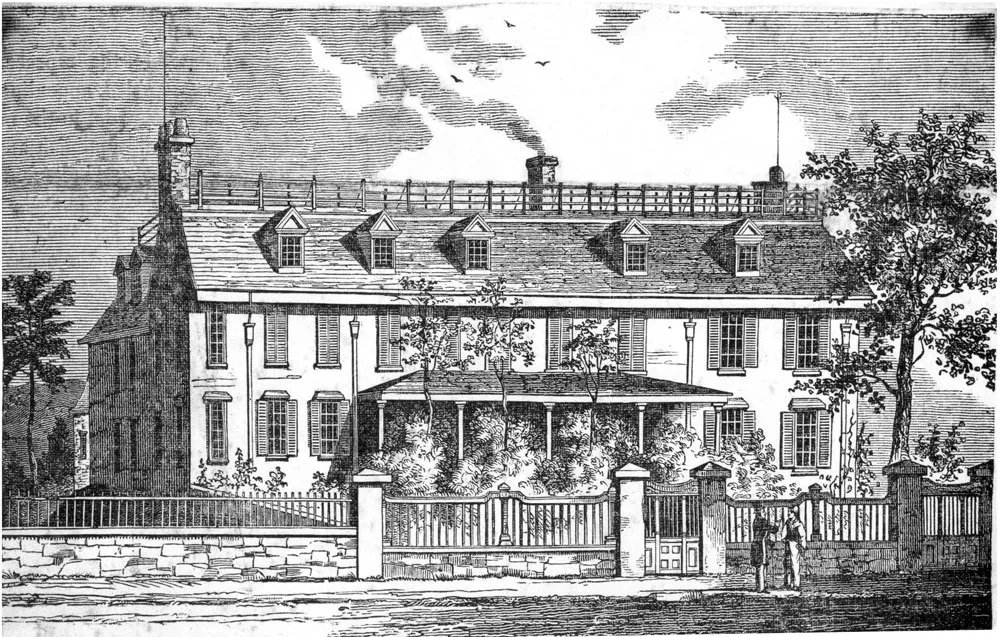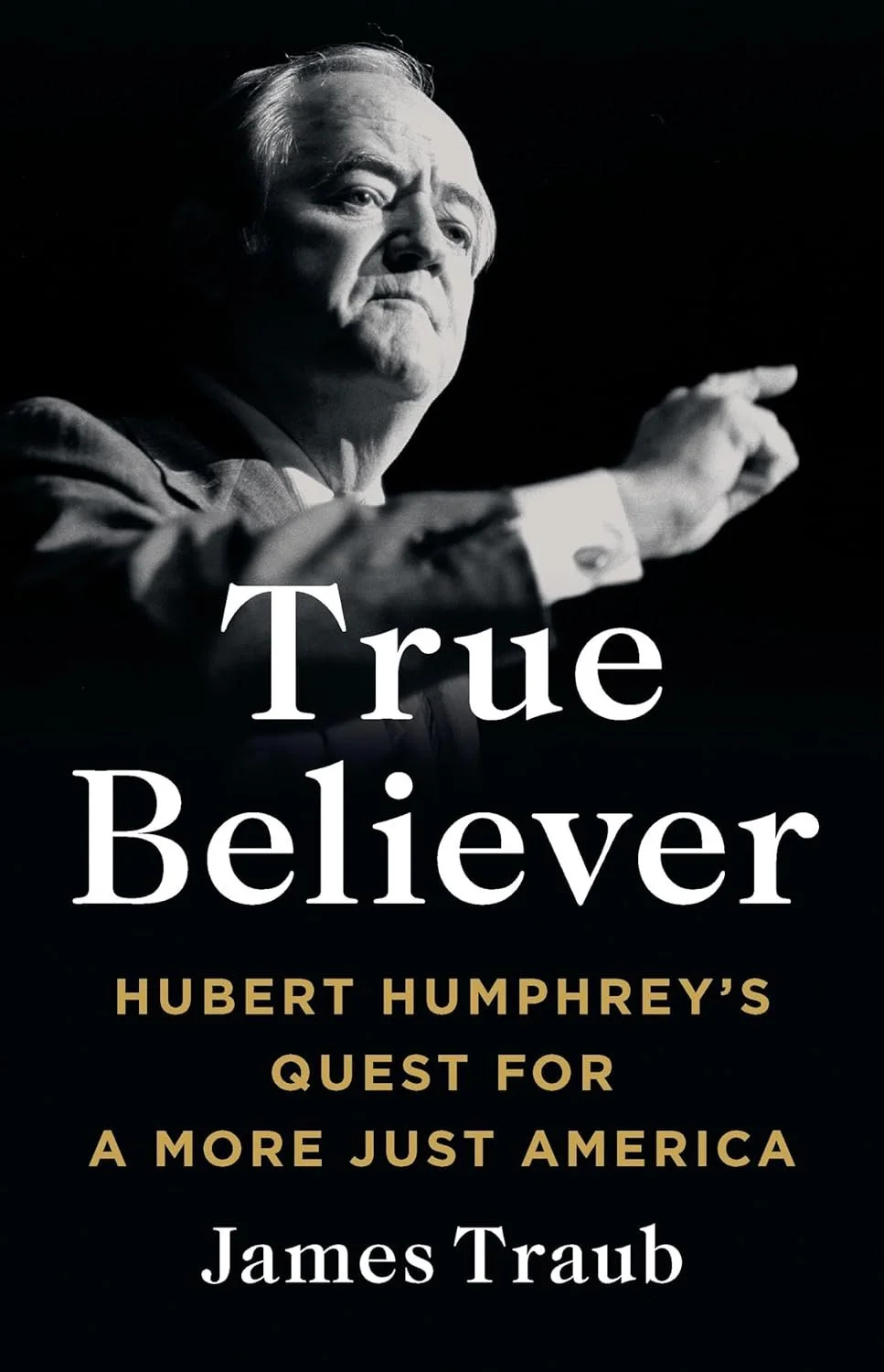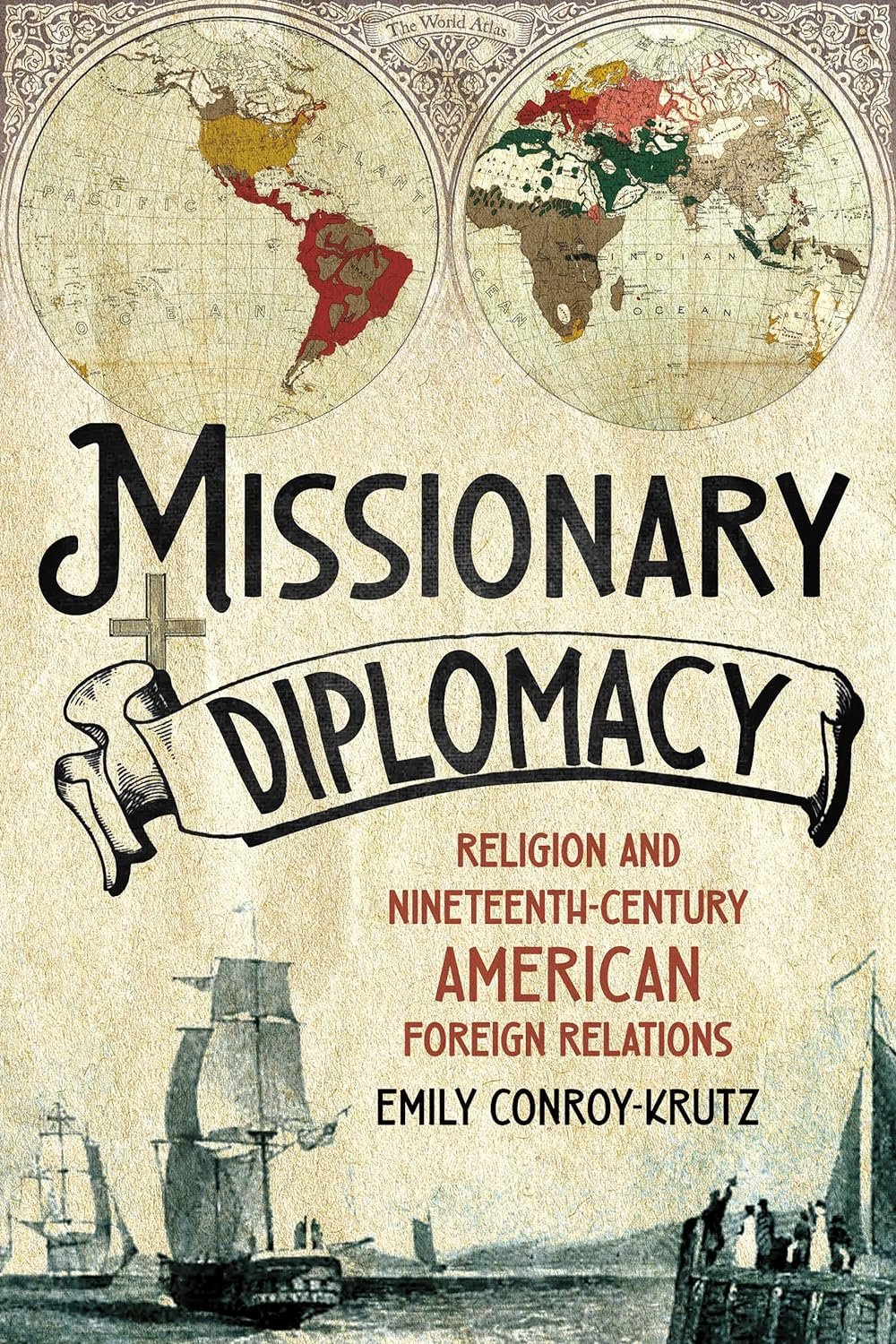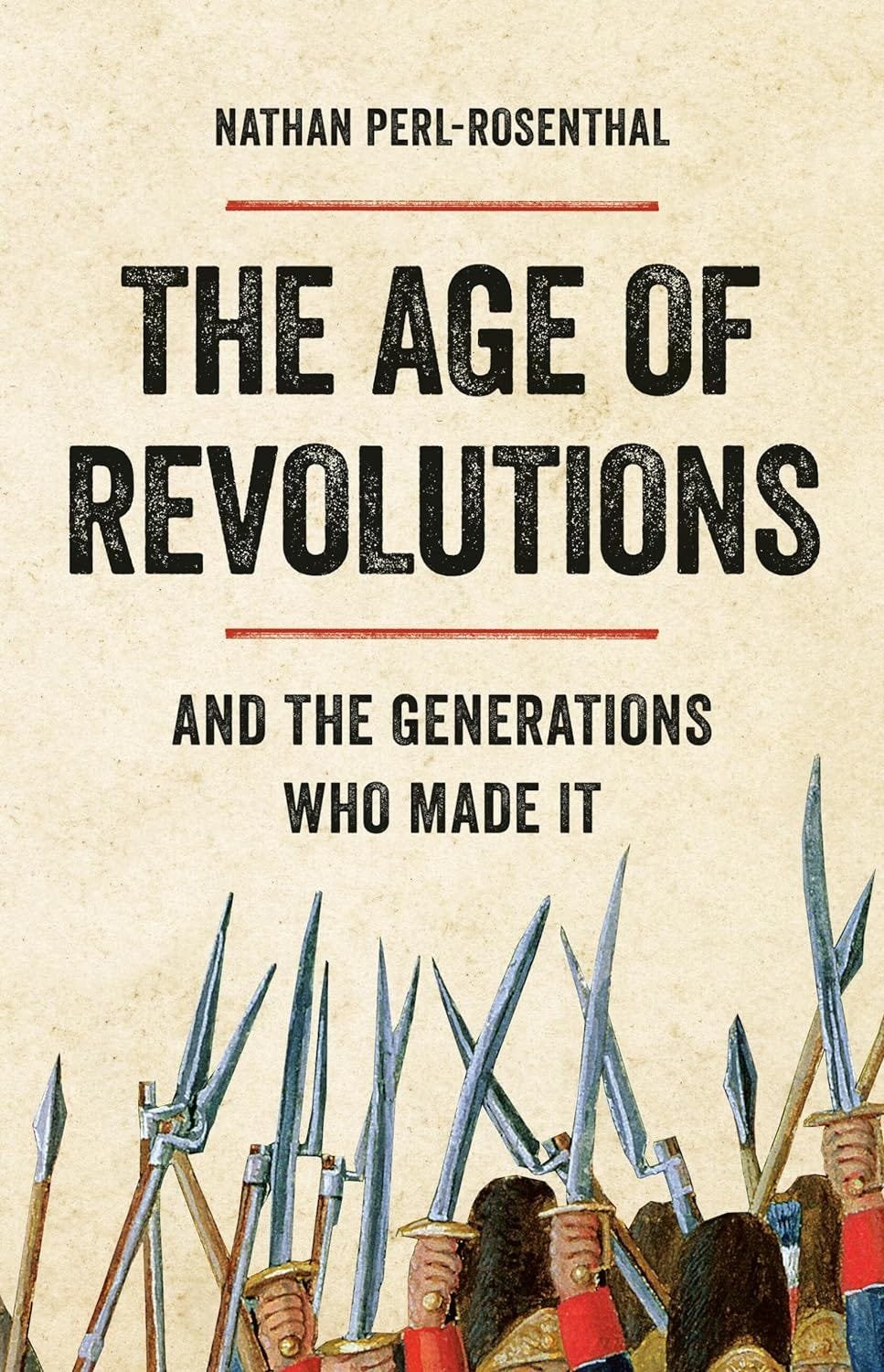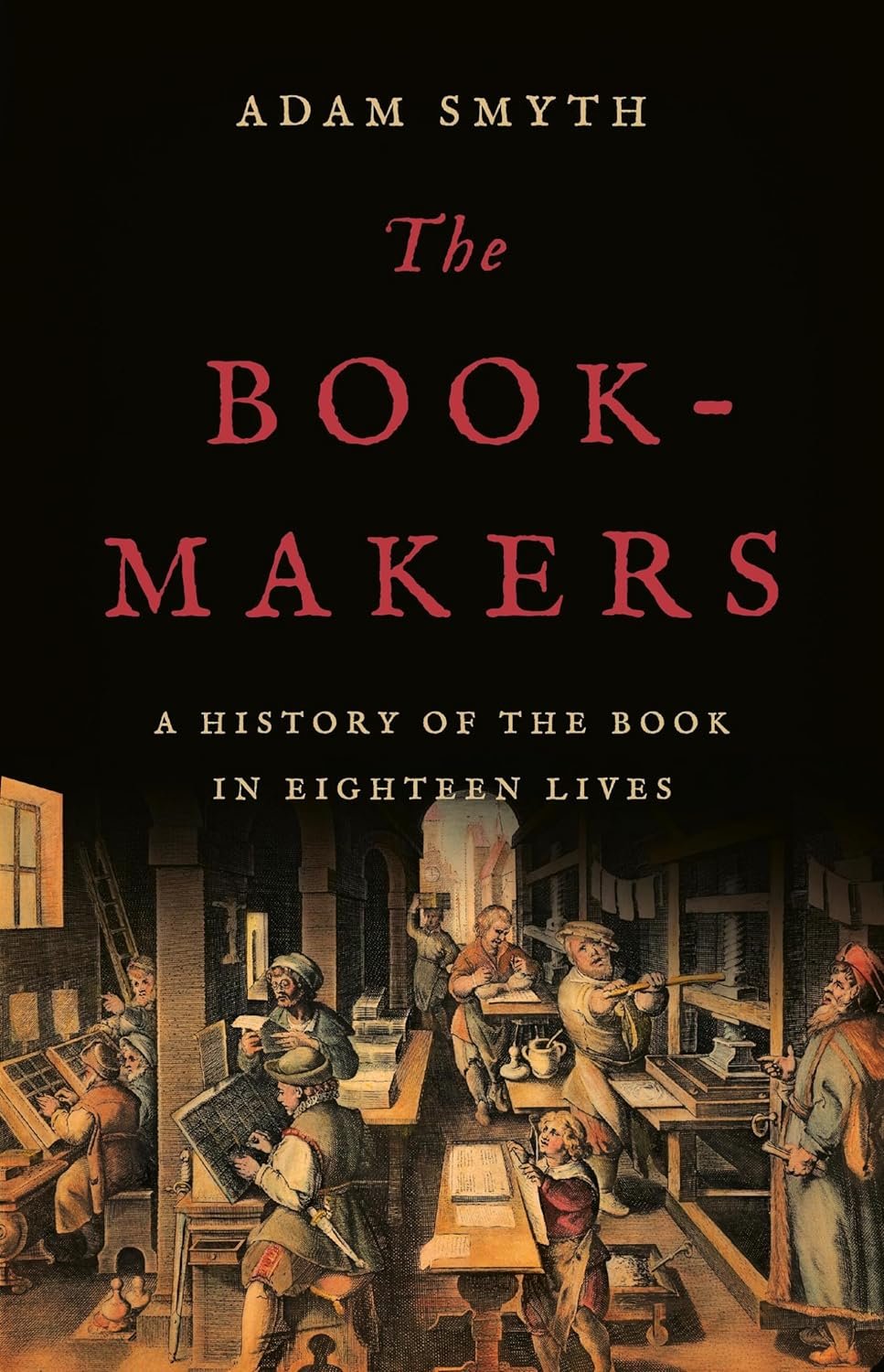A Love Story
February 2024 Imperfect Union
There is no doubt 2024 is going to be an intense year and there will be many months I write about history, politics, law, and democracy. But I thought it might be nice to have at least one month with a little bit of levity, especially as yesterday was Valentine’s Day.
The relationship between Abigail and John Adams was one of the most delightful aspects of researching my forthcoming book. Their lovely correspondence wasn’t a surprise, of course. Anyone who has read a book on Early American history has probably been introduced to their relationship and the treasure trove that is their letters.
Instead, what surprised me was the random sentences I came across here and there. The ones that were painfully sweet, wonderfully mundane and ordinary, relatable, and downright funny. They snuck up on me and made research such a pleasure. I’ll have more to say in the coming months about Abigail’s political savvy and her important role in John’s administration. But for now, I wanted to share a few of my favorite moments that provide the type of color that make up our daily lives.
In the summer of 1798, Abigail had a lengthy illness. She regularly fell ill during the worst heat of the summer, which may have been a form of recurring fever. Based on the symptoms, some doctors think she might have also suffered from diabetes. By late fall, she had mostly recovered, but was still weak. John was not willing to risk her health in Philadelphia, which had a higher rate of disease than their small community of Quincy. In November, he could wait no longer, and left home to travel back to the seat of government. Congress was opening a new session soon and he had an address to deliver (today’s State of the Union). But he hated leaving her.
Peacefield, as it would have looked when the Adamses purchased the property in 1787.
Within days, John was writing letters back to Abigail, full of sadness at their separation. Abigail did not want to be separated either, but she was also happy to stay home with her family and friends and avoid the burdens of hosting in Philadelphia. She much preferred to host at home in Quincy.
That winter, Abigail wrote several letters to William Smith Shaw, her nephew. William accompanied his uncle to serve as John’s private secretary and sent many newsy letters back to Abigail. They were full of details of the comings and goings at the President’s House, Congress, and the local community.
On December 9, Abigail wrote to William, describing a wedding she hosted the night before at Peacefield (the Adams’s residence). The Reverend “mr Weld” married “mr Ebeneazer Harmon to miss Abigail Hunt.” Abigail, known as Nabby, lived with the Adamses and married Ebeneazer, a local farmer. The entire Harmon family, fourteen brothers and sister and the father, attended.
“As I am a great friend to Matrimony,” Abigail explained, she “always like[d] to promote it, where there is a prospect of happiness & comfort.” After the couples exchanged vows, Abigail continued,
“I regaled them with a Glass of wine, & some cake and Cheese, which having partaken of they retired to the Farm House, where mrs Porter had prepared a supper.” They concluded the evening “with a dance. how long they kept it up, I do not know, for I retired to rest at about nine, and with the pleasurable reflection of having made Several honest families happy & pleasd I enjoyd a comfortable nights repose.”
Abigail also wrote a quick note to John that morning, but she didn’t include as much detail. She knew William would share the more colorful bits with his uncle.
John replied a few days later, chuckling that she enjoyed her weddings. He worried about the toll of hosting on her health, however, and wrote, “You went into your Kitchen to make Puddens and Pies too soon.— I suspect too you went even to Church before you ought.— You are an imprudent Lady in the Care of your health.”
After a gentle scolding, he noted with remorse,
“I have been five Weeks from you next Monday—three Weeks here this night.”
Over the next several weeks, they continued their regular correspondence. Sometimes the letters focused on their health, their children, and their home. John was particularly focused on a barn he wanted to build. Other times, they talked about politics, but usually in their own shared code. Jefferson was “the Dangerous Vice.”
On New Year’s Day, John wrote, “I want my Talkative Wife, but fear, if she should attempt to come here she would not talk farther than Worcester or Springfield. But my Wife, was too studious and Addicted to scribbling to talk much to me when she was here.”
I love so many things about this series of exchanges. By this point, John and Abigail had been married for 34 years. From the outside, their marriage seemed like a good one, and they certainly lavished praise on each other in public. But one never really knows what goes on in a marriage behind the privacy of closed doors. In these letters, they reveal their incredible, enduring affection. Abigail cherished her marriage so much that she sought opportunities to help others find equally fulfilling matches. John loved Abigail’s company so much, that he was counting the days they spent apart. Even after three decades and many separations that spanned the globe.
The exchange is also hilariously relatable. Anyone who has been in a long-lasting relationship knows that you develop certain patterns based on habits, personal tendencies, and pet peeves. Clearly, Abigail sometimes pushed herself too hard, especially when she was recovering. John warned her to take it easy, but she was stubborn and rarely listened.
Similarly, John liked to tease Abigail that she was chatty, but that was only because he loved hearing her voice. In reality, when they were together, she was often preoccupied running the house, managing a hefty correspondence, and tending to their extended circle of family and friends. Sometimes, he wanted more attention than she could give. He knew that he could be needy, so while he poked fun at her chattiness, he also mocked himself.
On March 18, 1801, John Adams returned to Peacefield. Except for short visits to local family, John and Abigail were never separated again and they spent the next seventeen years together on their beloved farm. We don’t have any letters between them from that period (because they were together, obviously), but I must assume it was a real treat to have so many days and weeks together, uninterrupted. I know that John revealed in the daily routine of farming, reading, and occasionally meeting with visitors, but I’d like to think they also cherished the daily routines of life together. They deserved it after so much time apart.
Books:
Just a reminder: I haven’t read (or haven’t finished) the books below. They’ve caught my eye, but I’m not necessarily vouching for them. I share published reviews in the links below (as well as on Goodreads and in my Instagram stories - see book review highlights)
Currently Reading: True Believer: Hubert Humphrey's Quest for a More Just America by James Traub
Up Next: Missionary Diplomacy: Religion and Nineteenth-Century American Foreign Relations by Emily Conroy-Krutz (March 15, 2024 on Amazon but I’m seeing copies in the wild!). I had the pleasure to read an early version of one chapter on John Quincy Adams and loved it.
Coming Soon: The Age of Revolutions: And the Generations Who Made It by Nathan Perl-Rosenthal (February 20, 2024)
On the Horizon: The Book-Makers: A History of the Book in Eighteen Lives by Adam Smyth (May 28, 2024). This one is a little different than I usually feature, but as a lover of books, I’m captivated!


